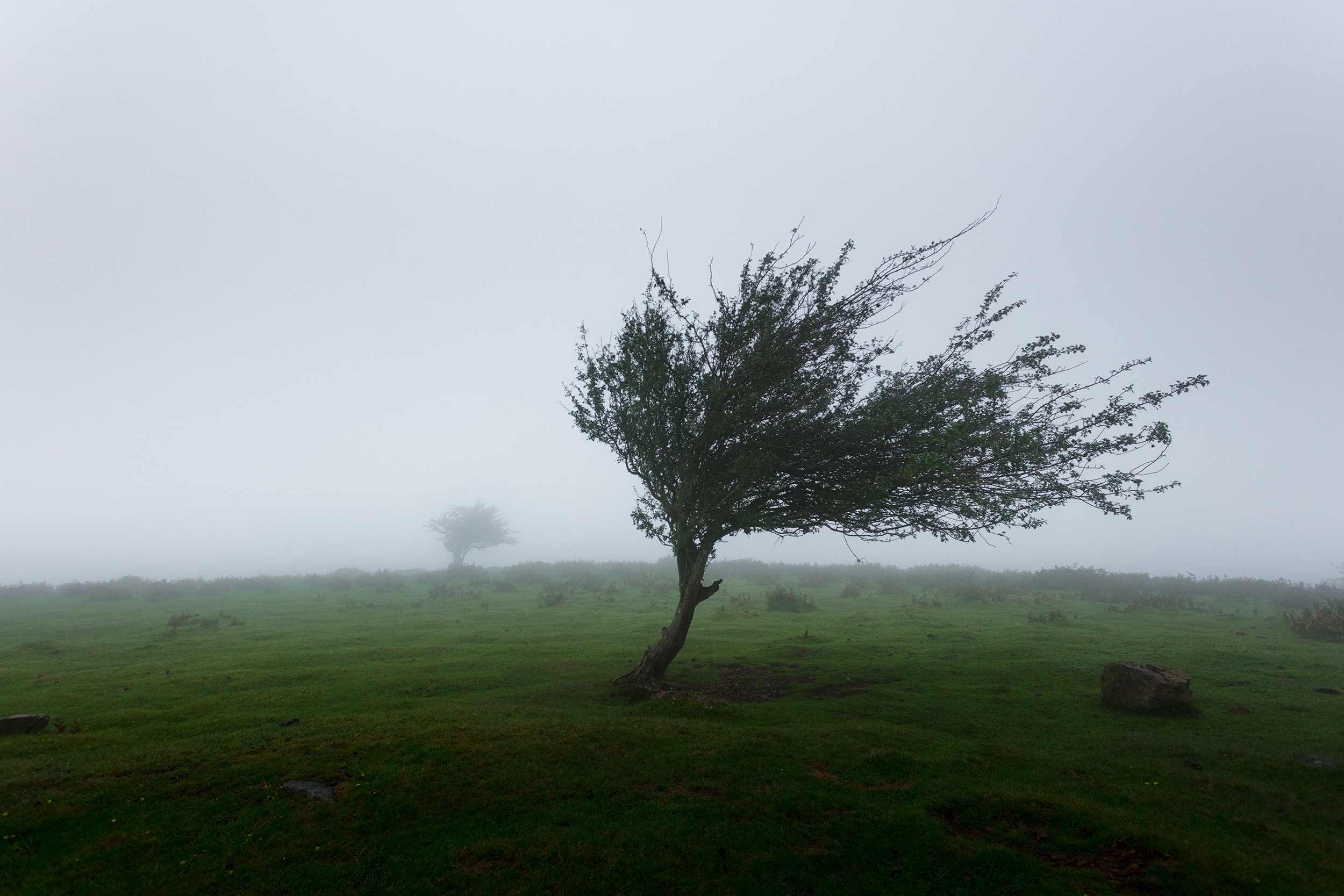Editorial
We Must Defend Free Thought
Scientific and technological progress cannot happen without people thinking freely—so to clamp down on it is to clamp down on progress itself.

You probably have felt afraid to speak your mind freely at some point. Whether it is in a university class, a meeting at work, or amongst friends online, it’s likely that you have remained silent when you have had ideas or opinions that haven’t conformed to received wisdom.
This is not an unusual or maladaptive response. In fact, knowing when to stay quiet and knowing how to avoid conflict is a necessary and important part of being an adult. Most arguments are pointless and there is no reason to get into fights with people whom we otherwise want to cooperate with and build mutually beneficial relationships.
Nevertheless, I worry that intellectual self-policing is happening more and more often, particularly for those living in tight-knit and politically homogenous communities. In such environments, challenging the prevailing ideological orthodoxy—even if it’s only to plead for more tolerance of diverse viewpoints—can lead to reputational damage, harassment, and, in some cases, career suicide.





